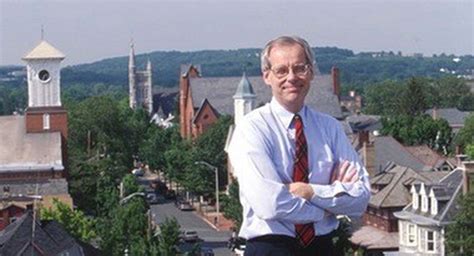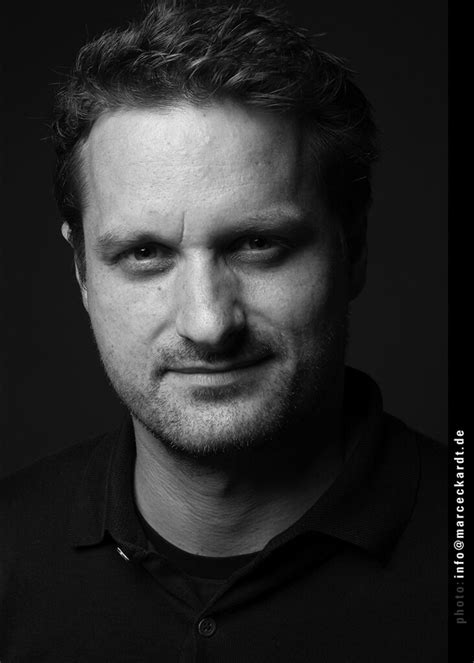A Quote by Rose George
In some of the great cities of Europe - Paris, Vienna, Prague, and Brussels - tourists bored with life above ground can descend below. All these cities have sewer museums and tours, and all expose their underbelly willingly to the curious. But not London, arguably the home of the most splendid sewer network in Europe.
Related Quotes
Some remain great cities, but they shouldn't stand still. They should move in the direction of a knowledge-oriented society. Most cities have to do something to draw attention to themselves and make their particular assets visible on the international radar. I'm not talking about developing countries, but about the United States and Europe.
It will be interesting to see if Seoul's urban vocabulary of numerous, ever-present interactive screens will translate to other cities such as Beijing, London, and New York. It will also be intriguing to see if smaller cities and towns adopt aspects of Seoul's screen culture throughout Asia, Europe, and North America.
Fifty percent of the world's population lives in cities. In a couple of decades, 70 percent of the world's population will be living in cities. Cities are where the problem is. Cities are where the solution is, where creativity exists to address the challenges and where they have most impact. This is why, in 2005, the C40 was founded, an organization of cities that address climate change. It started with 18 cities; now it's 91. Cities simply are the key to saving the planet.
We have great cities to visit: New York and Washington, Paris and London; and further east, and older than any of these, the legendary city of Samarkand, whose crumbling palaces and mosques still welcome travelers on the Silk road. Weary of cities? Then we’ll take to the wilds. To the islands of Hawaii and the mountains of Japan, to forests where Civil War dead still lie, and stretches of sea no mariner ever crossed. They all have their poetry: the glittering cities and the ruined, the watery wastes and the dusty; I want to show you them all. I want to show you everything.

































